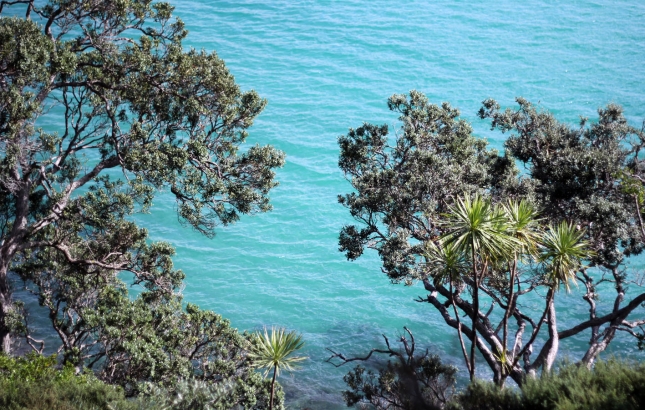
Natural vs Chemical Sunscreens
Slip. Slop. Slap. These three words alone conjur up memories of a nose full of zinc and a mullet-esque cotton cap donned on the school playground for lunch breaks on end. We’ve heard this phrase hundreds, if not thousands of times over the years but as our ever-expanding ozone layer seems to get weaker and weaker ever year, it’s never been more important to obey the rules.
Slip. Slop. Slap. These three words alone conjur up memories of a nose full of zinc and a mullet-esque cotton cap donned on the school playground for lunch breaks on end. We’ve heard this phrase hundreds, if not thousands of times over the years but as our ever-expanding ozone layer seems to get weaker and weaker ever year, it’s never been more important to obey the rules.
Recent posts by Lucy Slight
Staying out of the sun from 11am until 4pm is just not a feasible option in summer, especially when the surf’s up and the hot sandy beach is calling your name. Sunscreen is obviously the most sensible option when you’ve not choice but to wear next-to-nothing, but these days there’s a bit more choice when it comes to protecting your skin.
Many of us are now looking for something a bit more natural when it comes to sun protection and sunscreens can be divided into two types, natural and chemical. With chemical sunscreens, the UV rays are actually absorbed before they reach the skin’s surface and neutralised by converting them from light to heat energy. Whereas, natural sunscreens provide a physical block from UV rays using active blocking agents zinc oxide and titanium oxide. Because these naturally derived blockers work to deflect rather than absorb UV rays, they are a lot less irritating than some ingredients found in chemical sunscreens, so they’re a lot kinder to your skin.
Whether you’re after a natural or chemical sunscreen it’s important to look for one that blocks both UVA and UVB rays. The UVA rays are the naughty little suckers responsible for those fine lines and sunspots appearing on your face, leading to premature aging. UVB rays are the ones to blame for that nasty sunburn and cause skin cancers more so than UVA. In the summer, UVB rays are much stronger whereas UVA rays are the same strength all year round. And if you think a little bit of cloud can stop these bad boys getting through, think again. If you’re heading outside for more than 15 minutes at any time of the year, it’s important to cover up.
People with sensitive or acne-prone skin should look at switching to a natural sunscreen as the zinc contains anti-inflammatory and healing properties to soothe and nourish the skin. Look for sunscreen that are made without parabens, lanolin, petrochemicals or artificial perfumes and contains both UVA and UVB protection. Green People Sun Lotion SPF 25 is suitable for vegans and vegetarians and the packaging is recyclable and non air-freighted to reduce environmental impact.
So now that you’ve got the recipe, get out there and soak up the first rays of summer! Just don’t forget the Golden Rule…



